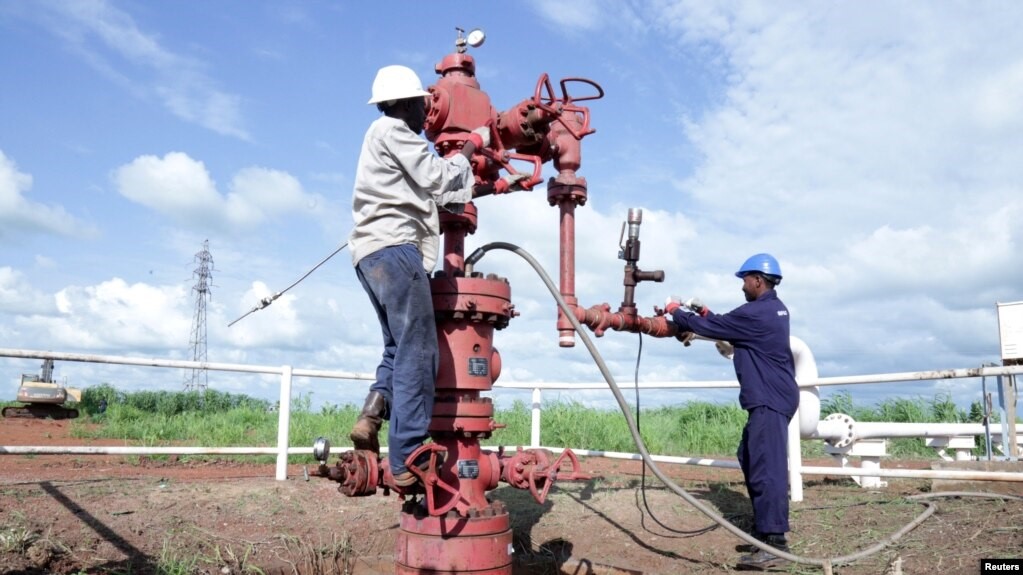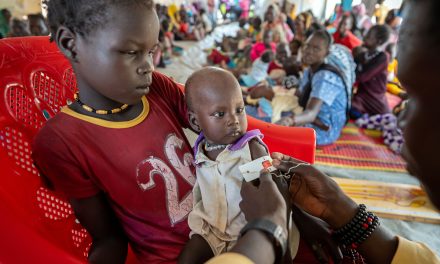
Renk community angered over unfair distribution of oil revenue

The communities in Renk County of Upper Nile State are angered over the state government’s unfair distribution of 3 percent share of oil revenue among counties.
In a statement issued last week, the community leaders said Renk County is a co-producer of oil and that it deserves lion share of the 3 percent share of oil revenues due to oil-producing counties.
“Renk County as the direct contributor to petroleum production in blocks 3 &7, and as the most directly affected county deserves fair share of net petroleum revenue,” the community leaders said.
On 27th September, the Governor of Upper Nile State, Abudhok Ayang Kur issued new matrix on how oil should be shared among communities in Upper Nile.
The community leaders said this new formula proposed by the governor benefits non-oil producing counties at the expense of those producing oil such as Renk County.
Renk community is instead demanding allocation of 30 percent of net petroleum revenue.
“Therefore, as members of Renk County Community, we strongly demand allocation of 30 percent of 3 percent of Net Petroleum Revenue to Renk County as fair distribution,” it said.
The Petroleum Management Act, calls for 2 percent of net oil revenue to be provided to the producing state while 3 percent is for development projects in the producing communities.
But the concerned government institutions have reportedly been violating the provisions.
In March 2021, a report by the Auditor General revealed that communities in oil-producing states had not received $85 million from their revenue share over the years.
The audit report also revealed that the 2 percent account meant for the community – and operated by the Bank of South Sudan received $25.5 million.
But between June 2014 and December 2020, $5 million was paid off to individuals and institutions not recognized by the Petroleum Act.
These percentages are to go directly to oil-producing states and the communities living near oil fields, the Petroleum Revenue Management Act of 2013 stipulates.
On the 3 percent account for the oil-producing states, $60 million was wired to the central bank between 2014 and 2020.
But this money was also distributed to more than 20 individuals and private companies without clear reasons.



































